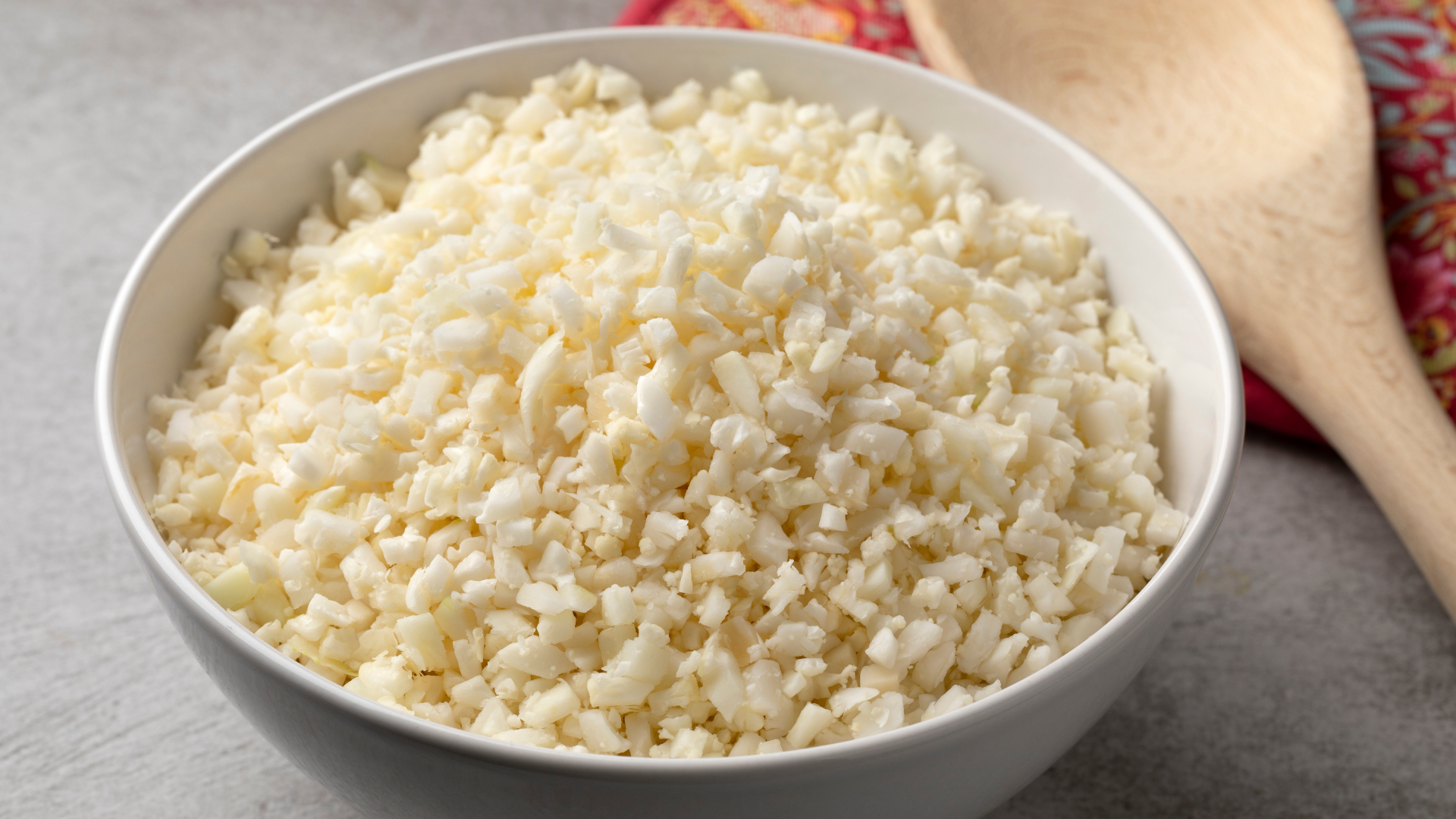In today’s Philippine economy, reported increases in the prices of staple goods were visible, including rice, which is a daily necessity at the table of every Filipino.
According to the National Nutrition Council, rice is included in the diet of almost all Filipinos as it provides the calorie requirement that a person needs, noting its richness in protein, fiber, calcium, iron, and other needed minerals.
Hence, with the soaring prices of this staple food, some Filipinos are pushed to limit their supply or even eliminate rice from their everyday diet. With this, here are some alternatives to try to help individuals have an option other than rice but still get the same nutrients and taste.
1. Cauliflower

The use of cauliflower is commonly done by vegan restaurants as an alternative to rice, as this is a known healthy alternative for the said food.
To make it look like rice, the cauliflower should be chopped into tiny pieces, and if you have a food processor at home, this will help you a lot as it will make the vegetable more fine and have the texture of rice.
After chopping or putting it in a food processor, it can now be eaten raw, or you can cook it by frying the vegetable and adding other ingredients to make it tastier and more colorful to eat.
Compared to rice, cauliflower is low in calories and carbohydrates, making it perfect for people who are conscious of what they eat. Also, cauliflower has a mild flavor that can be paired with other ingredients, providing more choices for recipes.
2. Sweet Potatoes

Sweet potatoes, known as kamote in Filipino, are a common vegetable in the Philippines, despite the hectares of plantations in the country and their affordable price.
Kamote is a type of vegetable that contains many minerals that are good for the health of individuals, such as carbohydrates, micronutrients, and fiber.
The contents of the vegetables can help a person protect themselves against cardiovascular disease and cancer due to their antioxidants.
Sweet potatoes can be eaten after they are boiled in hot water, and they can also be mashed to pair with other foods.
3. Potato

As root vegetables are mentioned, potatoes can also be a healthy alternative to rice and can be cooked in different ways, such as boiling, mashing, ricing, and baking.
This alternative was not introduced recently but was already a staple food during ancient times because it can easily be planted and is a low-maintenance vegetable.
Potatoes are a healthy alternative because of their antioxidants, which can lessen the chance of cancer, high cholesterol, and high blood sugar.
4. Cabbage

Just like cauliflower, cabbage is a rice alternative that can be chopped by hand or processed by a food processor to have the same fine texture as rice.
The content of cabbage is also healthier than a cup of rice, as it is low in carbohydrates and packed with other vitamins and minerals that can protect a person from diseases such as high cholesterol, liver problems, pancreatitis, and heart disease.
Shredded cabbage can be paired with dressings and other foods to give flavor and life to this rice alternative.
5. Corn

Corn is commonly likened to sweet potatoes as a rice alternative here in the Philippines, noting its accessibility to Filipinos because it can easily grow on the country’s lands.
This vegetable can offer different healthy contents for its consumers because it is high in fiber, vitamin B, and other antioxidants. With this, corn can be a trusted source of carbohydrates and energy for a person.
Just like the other rice alternatives, corn can also be paired with other foods, especially sauces, to bring more flavor to the vegetable.
In this kind of economy and generation, it is common for individuals to have an urge to really find alternatives to satisfy their daily needs, and one of these is food. But thanks to innovations and technologies, it is now much easier to find other options.
And in this case, we must say, No rice, no problem!





















